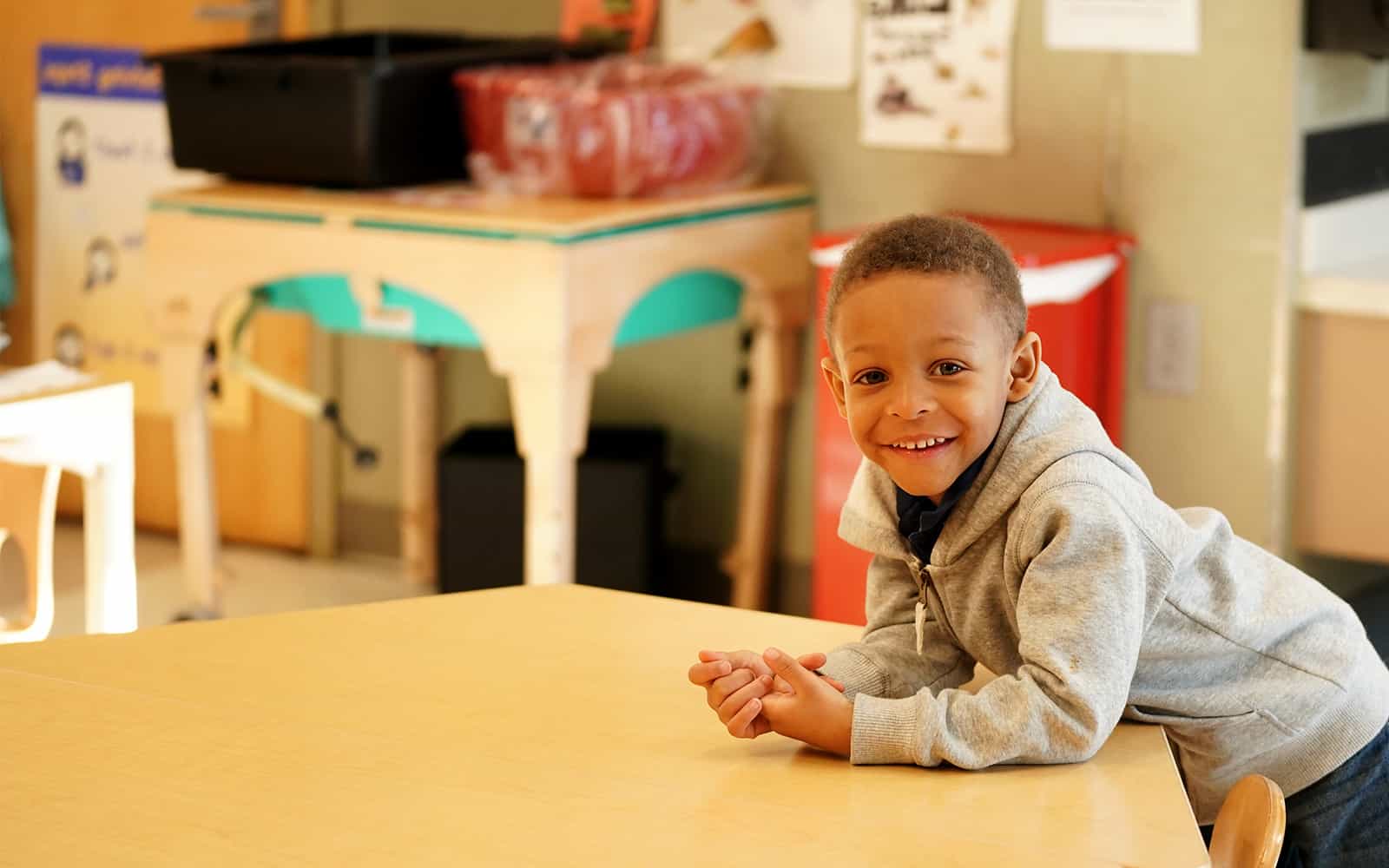Kindergarten readiness encompasses not only key knowledge and skills that are part of a child’s readiness for school but also the readiness of schools, educators, caregivers and communities to provide optimal learning environments that support children’s diverse and evolving learning and development needs.
Best practices in assessing kindergarten readiness include:
- Assessments should be designed appropriately for the population being evaluated and the intended purpose of the assessment.
- Assessments to support improved instruction should be conducted by teachers in the child’s classroom environment throughout the kindergarten year.
- Information should be collected on multiple areas of a child’s development, including social and emotional growth.
- Information should be gathered, shared and used in ways that reflect the diverse special learning needs and abilities, cultural heritage, and linguistic background of the children being assessed.
Kindergarten readiness assessments should be used to:
- Ensure schools are well-designed to meet the needs of incoming kindergarteners.
- Support aligned teaching practice and program planning and improvement.
- Deliver individualized instruction.
- Support teacher-parent partnerships.
- Help identify children who qualify for special needs services.

